Following historic stops at sacred sites in Riyadh and Jerusalem, could President Trump’s visit to the Vatican reset his relationship with Pope Francis, and what lessons about leadership might the president glean from the pontiff?
In February 2016, Pope Francis, without naming any names, proclaimed that “a person who only thinks about building walls…is not a Christian.” From the campaign trail Trump retorted that no “religious leader” should presume “to question another man’s religion or faith,” adding that “If and when the Vatican is attacked by ISIS…the pope would have only wished and prayed that Donald Trump would have been president because this would not have happened.”
In the fifteen months since that exchange, the pope has issued other unnamed but unmistakable criticisms of Trump’s rhetoric on refugees, immigration, and climate change. For instance, this past February, on the heels of Trump’s immigration executive order curtailing travel from Muslim-majority nations, the pope repeated his “appeal not to create walls, but to build bridges,” adding that it is wrong “to respond to evil with evil.” Following the election in November and statements from the Trump camp underlining opposition to implementing global climate change protocols, the pope convened the Pontifical Academy of Sciences and criticized those leaders who lack “the concrete will to seek the common good” and disregard “well-founded scientific opinion about the state of our planet.”
But the president has not fired back, at least not in public. By all reports, each leader’s respective handlers have sought to schedule, stage, and script the Vatican visit in ways that make the meeting seem momentous, minimize chances for unpleasantness, and emphasize an issue on which the two can agree, namely, doubling down on efforts to combat human trafficking.
Trump prefaced his Vatican visit by announcing that he would nominate Callista Gingrich, a lifelong Catholic, multimedia company CEO, author of a bestselling children’s book, and spouse of former House Speaker, Newt Gingrich, to serve as Ambassador to the Vatican. The nomination is opposed by a strange-bedfellows coalition—liberal Catholics and other progressives who dislike Newt Gingrich’s politics, religious conservatives who dislike his divorces, and evangelical Protestants who dislike his conversion to Catholicism. But she is virtually certain to be confirmed, and her appointment would seem to telegraph a plan for enhanced high-level communication and collaboration between the White House and the Holy See.
More generally, even as top Democrats in Congress call for impeachment proceedings and his public approval ratings hit new lows, Trump’s Riyadh-Jerusalem-Vatican trek could presage an enhanced focus by him, his West Wing, and his administration on religion both at home and abroad, and a still broader shift into a less contentious, and more conventionally presidential, leadership style—or not.
There are, to be sure, several leadership lessons that this president would do well to glean from this pope: straddling political divides rather than trying to divide and conquer; marshalling factual evidence and mobilizing diverse experts to support his positions on different topics and issues; and, after publicly rebuking Vatican bureaucrats as lazy hypocrites, moderating his criticism of the clerical careerists whom he needs to run the Church and succeed.
But observers who are now publicly predicting that the meeting and the exchanges that follow will result in Trump changing his mind, altering his administration’s policies, or effecting a more Francis-like leadership posture are taking a real leap of faith.
For example, Bishop Marcelo Sanchez Soronodo, chancellor of the Vatican’s Pontifical Academies of Science and Social Sciences, is as close to the pope as it gets. I recently had the honor of moderating a global affairs panel on which he was a featured speaker. Regarding climate change, the bishop has stated that Trump and Francis “will come to an agreement, since the president claims to be a Christian…” I would bet the bishop a dinner at his favorite restaurant in Rome (or Philadelphia) that he will be disappointed.
In a 2007 book, Godly Republic: A Centrist Blueprint for America’s Faith-Based Future, I defined “spiritualpolitik” as meaning “a soft-power perspective on politics that emphasizes religion’s domestic and international significance, accounts for religion’s present and potential power to shape politics within and among nations, and understands religion” and religious institutions “not as some abstract force” but concretely in relation to governments, businesses, and other non-governmental organizations.
Pope Francis has preached and practiced spiritualpolitik in ways that President Trump hitherto has not but might begin to try after this globe-trotting, religion-centric trip. Perhaps the most interesting if least well-noted example is how the Francis-led Vatican has improved the Church’s relations with the People’s Republic of China (PRC).
In early 2016, in the same interview in which he obliquely criticized Trump, the pope suggested that the Chinese government was becoming more accommodating toward religion. During 2016, there were several high-level meetings between Vatican officials and PRC officials. Religious freedom is still not on the horizon in Beijing, but several bishops in China are now jointly recognized by both the Vatican and the PRC. In a few cities, the government and Catholic leaders are actively exploring ways to partner in delivering health and human services to elderly citizens and other needy populations. In addition, the Vatican and the PRC are increasingly on the same page of the hymnal regarding global environmental protection, and the Pope’s right-hand man, the aforementioned Bishop Sanchez-Soronoda, has praised the Chinese for being “very collaborative” on climate change.
As Pope Francis proclaimed in his September 24, 2015 address to Congress, “A political society endures when it seeks, as a vocation, to satisfy common needs by stimulating the growth of all its members, especially those in situations of greater vulnerability or risk.” That is perhaps the ultimate leadership lesson for the president and us all.

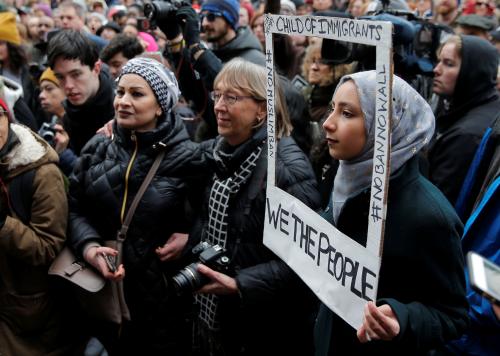
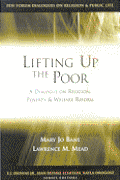
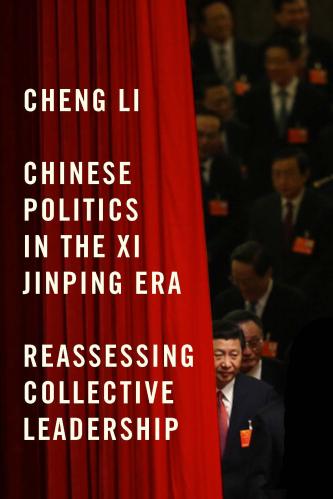
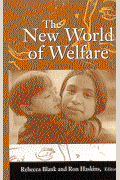
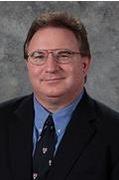


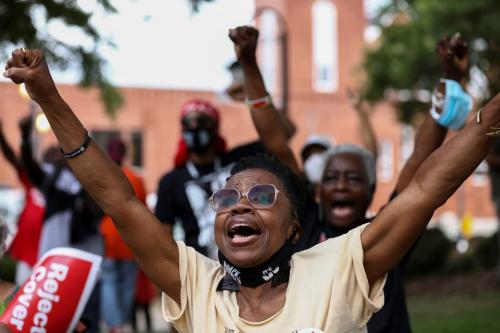
Commentary
The president could learn “spiritualpolitik” from the Pope
May 23, 2017